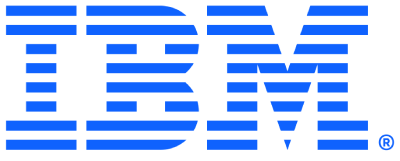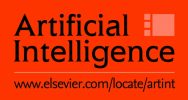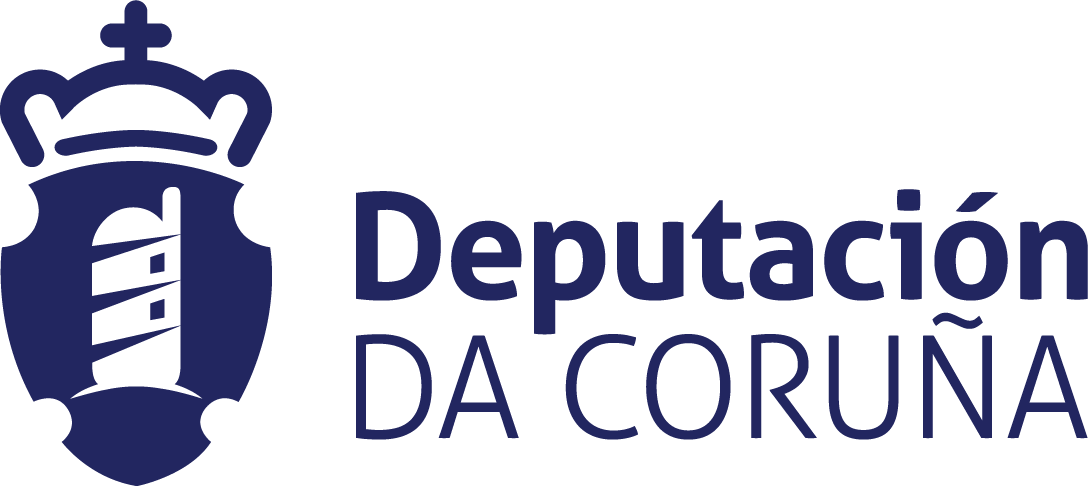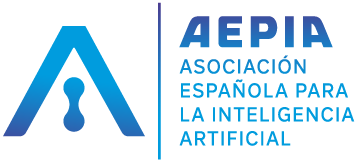KEYNOTE SPEAKERS
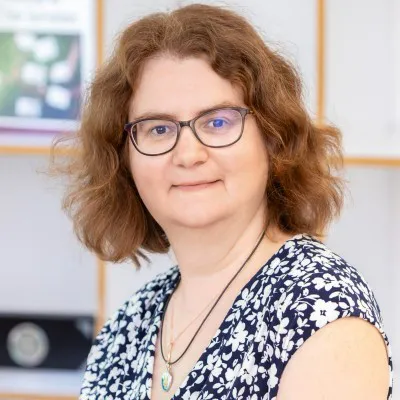
Iryna Gurevych
TU Darmstadt
Towards Real-World Fact-Checking with Large Language Models
Abstract: Misinformation poses a growing threat to our society. It has a severe impact on public health by promoting fake cures or vaccine hesitancy, and it is used as a weapon during military conflicts to spread fear and distrust. Current research on natural language processing (NLP) for fact-checking focuses on identifying evidence and predicting the veracity of a claim. People's beliefs, however, often do not depend on the claim and rational reasoning but on credible content that makes the claim seem more reliable, such as scientific publications or visual content that was manipulated or stems from unrelated contexts. To combat misinformation, we need to show (1) "Why was the claim believed to be true?", (2) "Why is the claim false?", (3) "Why is the alternative explanation correct?". In this talk, I will zoom in on two critical aspects of such misinformation supported by credible though misleading content. Firstly, I will present our efforts to dismantle misleading narratives based on fallacious interpretations of scientific publications. Secondly, I will show how we can use multimodal large language models to (1) detect misinformation based on visual content and (2) provide strong alternative explanations for the visual content.
Bio: Iryna Gurevych is Professor of Ubiquitous Knowledge Processing in the Department of Computer Science at the Technical University of Darmstadt in Germany. She also is an adjunct professor at MBZUAI in Abu-Dhabi, UAE, and an affiliated professor at INSAIT in Sofia, Bulgaria. She is widely known for fundamental contributions to and innovative applications of natural language processing and machine learning. Professor Gurevych is a past president of the Association for Computational Linguistics (ACL), the leading professional society in the field of natural language processing. Her many accolades include being a Fellow of the ACL, an ELLIS Fellow, and the recipient of an ERC Advanced Grant.
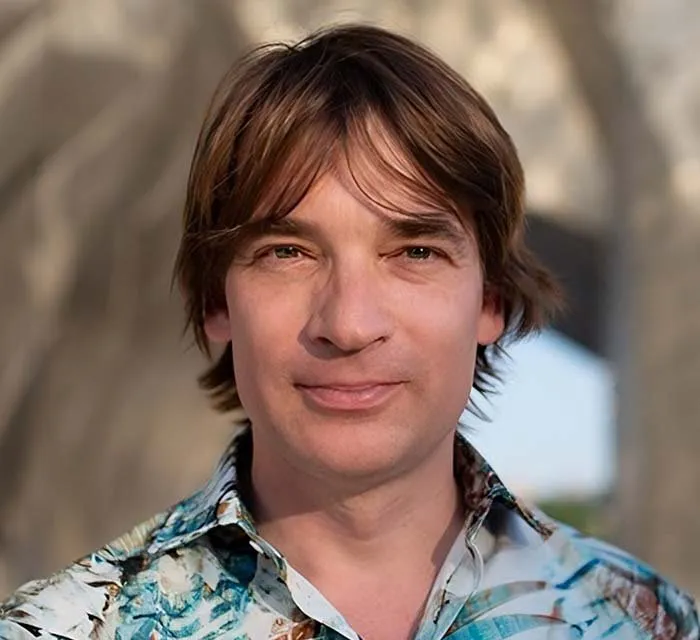
Marijn Heule
Carnegie Mellon University
Solving Mathematical Challenges with Symbolic AI
Abstract: Progress in symbolic AI has enabled the verification of complex systems and the resolution of long-standing open questions in mathematics. This talk will highlight some successes in AI-based computer-aided mathematics, including computing Schur number five, resolving Keller's conjecture, and solving the Empty Hexagon problem. Our approach can produce clever though potentially gigantic proofs. We can have confidence in the correctness of the answers because highly trustworthy systems can validate the underlying proofs regardless of their size. The final part of the talk will focus on notorious math challenges for which symbolic AI may well be suitable. In particular, we discuss applying the techniques to the Hadwiger-Nelson problem (chromatic number of the plane), optimal schemes for matrix multiplication, and the Collatz conjecture.
Bio: Marijn Heule is an Associate Professor in the Computer Science Department at Carnegie Mellon University in Pittsburgh, Pennsylvania. His research focuses on solving hard combinatorial problems in areas such as formal verification, number theory, and extremal combinatorics, specifically by further developing the theory and practice of satisfiability (SAT) solving. He is known for several breakthrough results in this domain, such as solving the Boolean Pythagorean Triples problem, Keller’s conjecture, and the Empty Hexagon problem. Professor Heule has won Best Paper Awards at IJCAR, CADE, TACAS, and SAT. He is one of the editors of the Handbook of Satisfiability, the main reference work in the field.

César A. Hidalgo
Toulouse School of Economics & Corvinus University of Budapest
Economic Complexity: Using Machine Learning to Understand the Past, Present, and Future of Economic Development
Abstract: For more than a decade, economic complexity has been a flagship application of machine learning methods to questions of sustainable economic growth and development. In this talk I will introduce the main methods used in the field, connect them to similar concepts in AI, and explore recent and upcoming research in economic complexity. I will conclude by discussing new research directions in the field, including the use of economic complexity methods to explore questions of economic history and digital trade.
Bio: César Hidalgo is Professor of Social and Behavioural Sciences at the Toulouse School of Economics and the director of the Center for Collective Learning, an interdisciplinary laboratory with offices in Toulouse and Budapest. He is also a founder of Datawheel, a company building innovative data distribution and visualisation systems. Professor Hidalgo is widely known for his work on economic complexity, which pioneered the use of machine learning methods to answer questions of economic development. These contributions have been recognised with numerous awards, including the 2018 Lagrange Prize for contributions to complexity science and three Webby Awards. His publications include Why Information Grows (Basic Books, 2015) and How Humans Judge Machines (MIT Press, 2021).
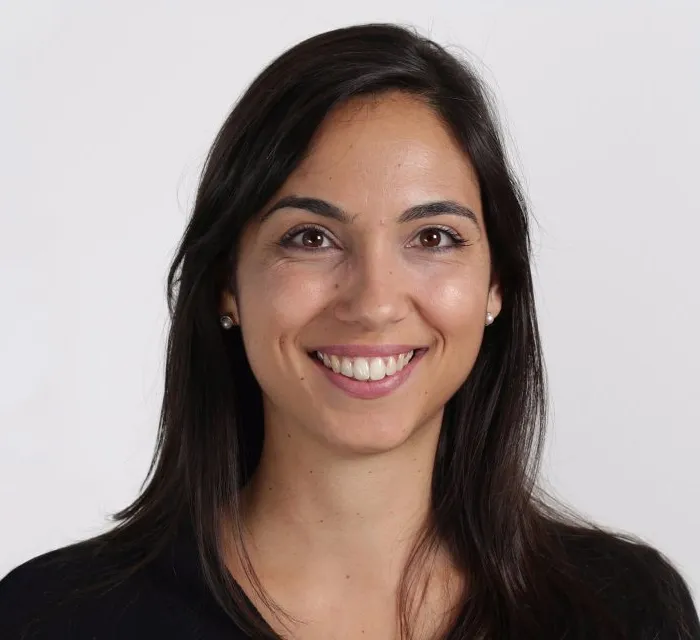
Iolanda Leite
KTH Royal Institute of Technology
Robots (Still) Need Humans in the Loop
Abstract: As robots become increasingly prevalent in people's lives, a key challenge remains: ensuring their models consistently align with how humans represent and prioritize information. This is particularly important in situations where robots interact with or operate around humans. In this talk, I will present current research aimed at developing intelligent robotic systems that accurately learn human intentions, informed by human knowledge while addressing the challenge of overly relying on human feedback. I will also discuss limitations and opportunities within the current state of AI, arguing that a deeper understanding of how these systems perceive, reason, and act within their social context can foster more natural and efficient human-robot interactions.
Bio: Iolanda Leite is an Associate Professor in the School of Electrical Engineering and Computer Science at KTH Royal Institute of Technology in Stockholm, Sweden. Her research goal is to develop social robots that can perceive, learn from, and respond appropriately to people in real-world situations, thereby allowing for truly efficient and engaging interactions. She has won Best Paper Awards at HRI and ICMI, and she has been awarded both a Starting Grant by the Swedish Research Council and a Future Research Leaders Grant by the Swedish Foundation for Strategic Research. Professor Leite has recently been appointed co-editor-in-chief of the ACM Transactions on Human-Robot Interaction.









